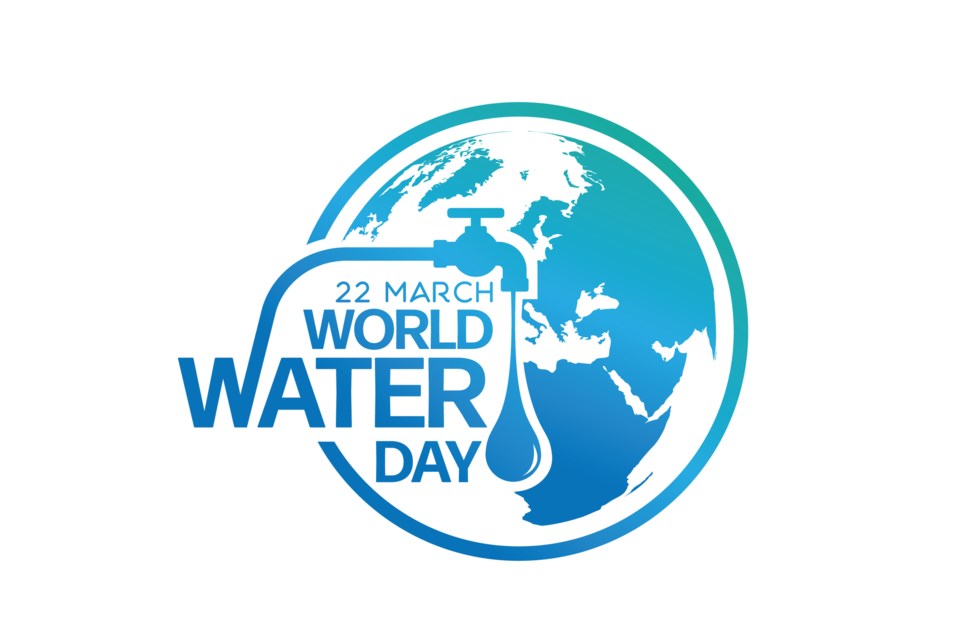My days started very early in Chennai, India — because I had to sneak in a hot shower before the water supply in our building stopped.
The city was going through a severe drought (the worst in 140 years) during the time and water was scarce — as soon as the clock struck nine, the water supply would stop, and return for only a couple of hours in the evening.
We did everything we could to conserve water — store water every morning in a couple of buckets to use for daily consumption: drinking, cooking, bathing, flushing toilets, etc.
This was our reality. Coming from a privileged community, we were among the luckier ones. Many didn’t even have access to water.
All the efforts to conserve water were futile, though, as Chennai’s four reservoirs ran dry in 2019 and we made international headlines when officials declared that the “Day Zero” had arrived. The crisis prompted extreme relief measures that included transporting water by rail from a town more than 200 kilometres away.
While this experience might seem hard for Canadians to relate to, according to the Council of Canadians, dozens of First Nations communities in this country are still lacking access to clean, safe drinking water, and rising global temperatures could bring more severe weather patterns, resulting in increased water scarcity.
In observance of World Water Day 2023 (March 22), I spoke to Simon Fraser University professor Zafar Adeel, who noted that Canada has already begun facing issues related to water scarcity in recent years.
Abundant freshwater resources in Canada, Adeel said, don't necessarily translate into water availability, particularly around large metropolitan areas.
“In the last five six years that I've lived here, I've observed at least three years where they [imposed] severe restrictions to water usage,” he said, citing Metro Vancouver reservoirs’ inability to drain effectively in hot, dry weather.
As per the latest IPCC report, he advised residents to think hard about water consumption, noting that Western Canada will be increasingly prone to water scarcity in the coming decades.
Simple steps at a personal level can have a significant impact — like taking shorter showers, turning the water off while brushing and refraining from excessively watering lawns, he said.
“I’ve started practising over the last seven years, this concept of navy showers where you turn the water off when you put on your soap and shampoo, and turn the water back on to wash everything off,” he said.
Recognizing water as a human right, Antonia Kowalewski and Elaina Buenaventura, co-presidents of Ban the Bottle SFU, said, "As settlers, we need to support water and sanitation access for all. Ban the Bottle SFU is hosting a trivia booth at SFU’s Burnaby campus today to emphasize the importance of water and sanitation as human rights and to raise awareness of the ongoing inequities in Canada, where dozens of First Nations communities remain under drinking water advisories. We can’t leave anyone behind."
Mireta Strandberg-Salmon, a 23-year-old Burnaby resident who was named a top environmentalist under 25, said it is important to recognize symbolic days like World Water Day.
"Ban the Bottle SFU started at a World Water Day event in 2018 and has since gone on to achieve its goal at SFU and inspire the national Phasing Out Plastic Bottles movement," she said. "Never underestimate the power of days like today to bring people together to envision and implement solutions for a better future. I hope this year’s World Water Day sparks renewed efforts to ensure water resiliency for people and the planet."




